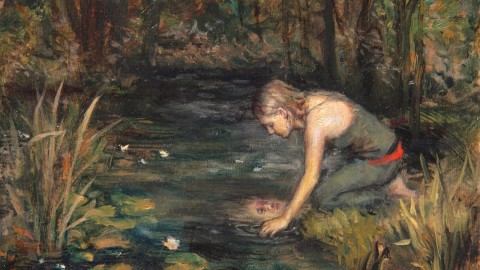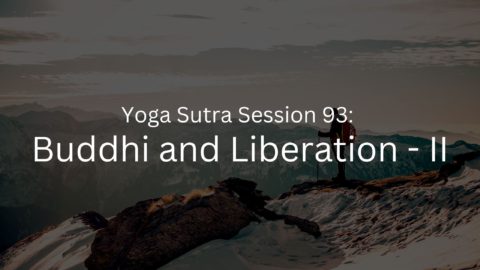Night Blindness (Nyctalopia) is a symptom of an underlying disease such as a retina problem. The blindness prevents you from seeing well at night or in poor lighting.
There are many possible causes and treatment depends on identifying that cause. Night blindness (nyctalopia) is your inability to see well at night or in poor light such as in a restaurant or movie theater. It is often associated with an inability to quickly adapt from a well-illuminated to a poorly illuminated environment. It is not a disease in itself, but rather a symptom of an underlying eye problem, usually a retina problem. It is common for people who are myopic to have some difficulties with night vision, but this is not due to retinal disease, but rather optical issues.
What happens to the eye in low or no light?
Your eyes are constantly adjusting to light. When you’re in low or no light, your pupils (that black circle in the center of your eyes) will get bigger (dilate) so that more light will enter your eye. That light is then received by the retina – tissue in the back of your eye that houses all of the rod and cone cells. Cone cells help you see color. Rod cells help you see in the dark. When those rods are not working well because of a disease, injury, or condition, you can’t see as well or at all in the dark.
Causes
Night blindness has many possible causes, including:
- Myopia (nearsightedness)
- Glaucoma medications that work by constricting the pupil.
- Cataracts
- Retinitis pigmentosa
- Vitamin A deficiency, especially in individuals who have undergone intestinal bypass surgery.
- Diabetes
Treatments
Treatment for your night blindness depends on the cause. Treatment may be as simple as getting yourself a new eyeglass prescription or switching glaucoma medications, or it may require surgery if the night blindness is caused by cataracts. If you have a retinal disease, the treatment will depend on the type of the disease and will require additional investigation by a retina specialist.
Prevention
Eat foods that have Vitamin A. Some suggestions include:
- Carrots.
- Cantaloupes
- Butternut squash
- Spinach
- Milk
- Eggs
Get regular eye exams. See an eye specialist consistently so that they can figure out early if you have problems with your eyes. Wear sunglasses. Sunglasses protect your eyes from the sun. UV rays increase your risk of cataracts, macular degeneration and glaucoma. Make sure that your sunglasses do the following:
- Block out at least 99% of UVA and UVB rays
- Protect your eyes from every angle
- Filter 75% to 90% of visible blue light
Exercise: Exercise may reduce your risk of eye conditions. It may lower eye pressure and blood glucose levels.
Homoeopathic Treatment
- Helleborus: When the cause is not known.
- Silicea: With sudden appearance of furuncles (boils).
- Ferrum Met: In hysteria.
- Phosphorus: After lightning stroke.
- Gelsemium: With ptosis and/or dilated pupils. In hysteria or from grief. Blindness due to haemorrhage in the eye.
- Bovista: When due to paralysis of optic nerve.
- Kali Mur: When caused by snow; all seems smoke and mist.
- Glonoine: During or after cerebro-spinal meningitis.
- Sulphur: This remedy should be given in 200 dilution as an intercurrent remedy.
- Lycopodium: It is the head remedy for night blindness. It should be tried first. Sudden blindness with cutting pains.
- China Off: It should be tried if Lycopodium fails. Feeling as if there is sand in the eyes.
- Petroselinum: With swelling of the eyes.
- Physostigma: Night blindness with or without glaucoma or myopia.
- Ranunculus Bulbosus: Night and day blindness in women during pregnancy.
- Hyoscyamus: Night blindness accompanied by quivering and jerking.
- Glonoine: In meningitis.
- Kali Bich: Blindness preceded by headache, the sight improves as the pain becomes worse.











